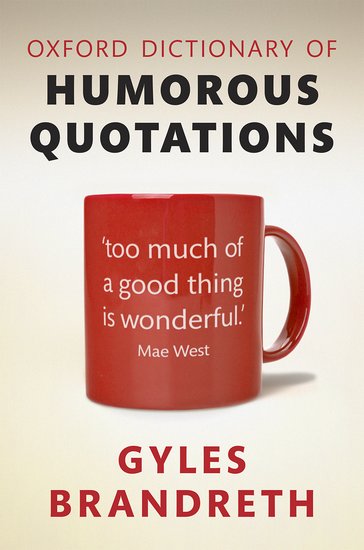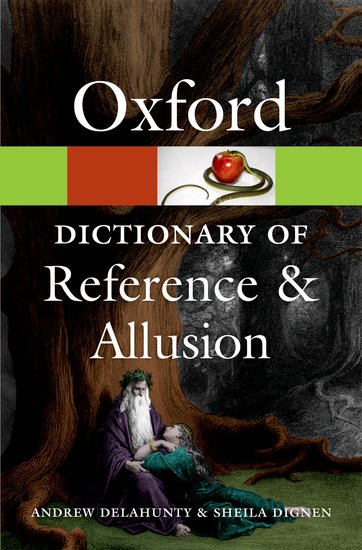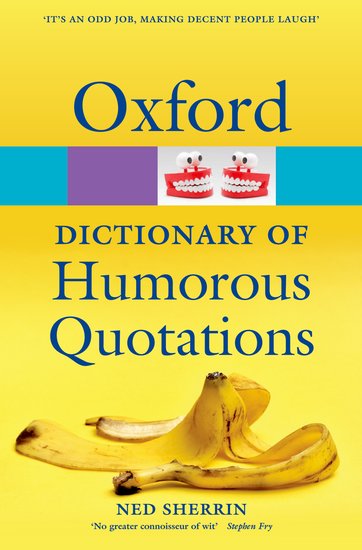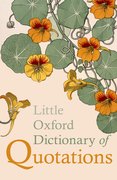Why metaphor matters
Plato famously said that there is an ancient quarrel between philosophy and poetry. But with respect to one aspect of poetry, namely metaphor, many contemporary philosophers have made peace with the poets. In their view, we need metaphor. Without it, many truths would be inexpressible and unknowable.










